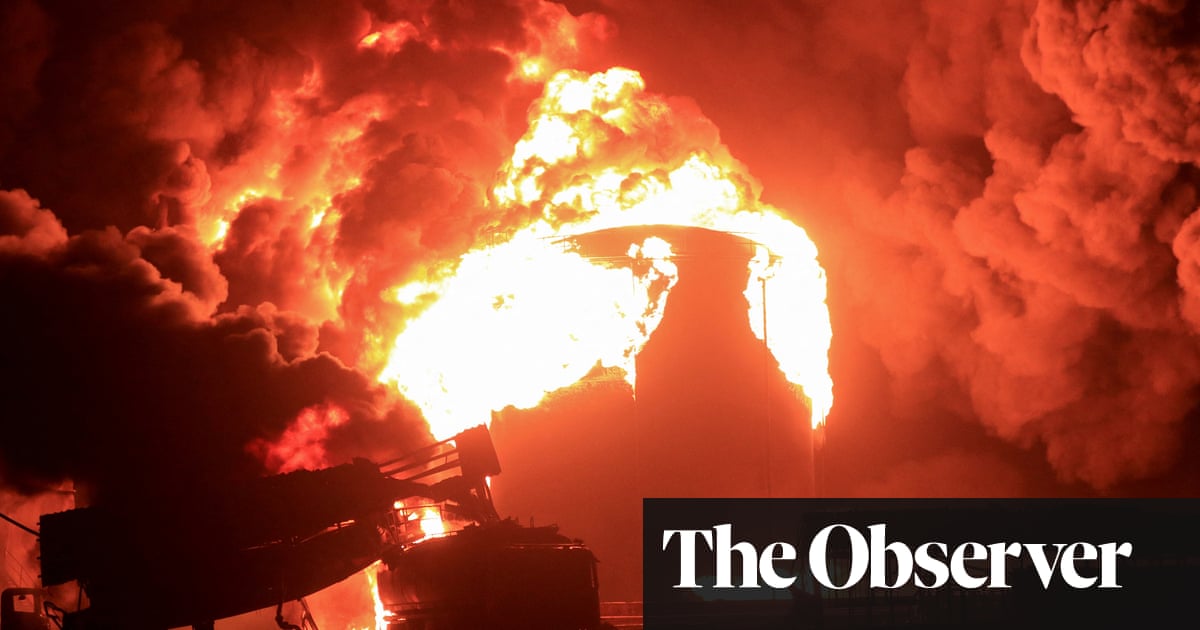If Iran’s newly elected president, Masoud Pezeshkian, was hoping for a honeymoon period after his inauguration last week, he must be sadly disappointed. Less than 12 hours after Pezeshkian was sworn in, an explosion, reportedly caused by a remotely controlled bomb, shook an Islamic Revolutionary Guard Corps (IRGC) compound in central Tehran. The target: Ismail Haniyeh, Hamas’s political leader, an honoured guest at the inauguration, and one of the Middle East’s most wanted. The bomb under the bed killed Haniyeh instantly. Honeymoon over.
The Haniyeh assassination, attributed to Israel and not denied in Jerusalem, has scrambled all those hopes. Pezeshkian finds himself in the eye of an international storm that analysts warn could lead to all-out war, engulfing the Middle East.
Infuriated by an audacious attack that humiliated him, his country and its elite armed forces, Khamenei – Iran’s ultimate authority – is said to have ordered preparations for direct military retaliation against Israel. Avenging Haniyeh’s death was “our duty”, Khamenei said. Pezeshkian had no choice but to meekly go along. Now the world waits to see what Iran will do. So much for a fresh start.
Iran’s next step may be decisive in determining whether the Middle East plunges into chaos. Its pivotal position should come as no surprise. Its gradual emergence as the region’s pre-eminent power has accelerated in the wake of 7 October. Iran’s anti-Israeli, anti-American “axis of resistance”, embracing militant Islamist groups in Lebanon, Syria, Iraq and Yemen, and ever more openly backed by China and Russia, is now a big force challenging the established western-led order.



Look, my frame of reference is the Balkans, that I know most intimately. There was a time when Greek and Turkish was defined on the basis of religion. You might have been a Turkish speaking Christian in Anatolia or a Greek speaking Muslim in Crete, and you were classified as a Greek and a Turk respectively and forced to migrate accordingly (treaty of Lausanne). In a different part of the Ottoman Empire, in Macedonia, if you sided with the Patriarch of Constantinople you were a Greek, if you sided with the Exarch of Sofia, a Bulgarian. Similarly, ninety years later, a Catholic was declared a Croat, an orthodox a Serb, a Muslim a Bosniac. Look closely and you will see the same story play out in the Caucasus and the East. The genocides of the Armenians, the Pontic Greeks, and the Assyrians by the Ottomans were not motivated by religion but by “national security”.
Religion was used to define who makes up the nations. In the Ottoman Empire, the millet system literally conflated the two ideas. But make no mistake, the Ustashe were not massacring the Serbs because of the Filioque; the Turks did not invade Cyprus in 1974 as part of some Jihad; the Greeks did not invade Anatolia in the 1920s for religious reasons; the Yugoslav wars were not sectarian violence. Religion was not the driver, it was the fuel.
In Lebanon, Syria, Palestine, religion plays a very similar role. Even the sectarian civil wars in Lebanon were mostly about who gets to control what it means to be Lebanese and who gets the upper hand, not about theological differences. Israel was founded by secular Jews as an explicitly national project. Even now, in its interactions with the CUFI crazies, it’s clear to see that the Israelis are willing to put religion aside in the service of the national interest.
Are there people who are primarily driven by religious fanaticism? Of course. But they are treated as weird by the majority. Think for example how almost everyone banded against Daesh.